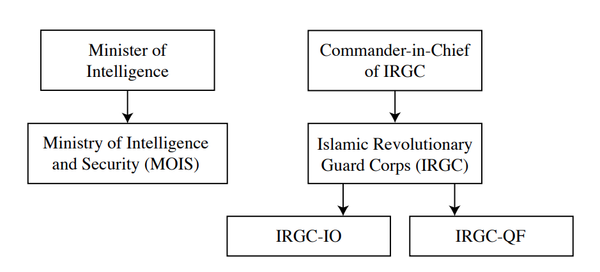Best Long-Reads of the Week, 6/25/22

Tighten those privacy settings right now, Post-Roe world will rely on electronic surveillance, Widespread surveillance of pregnant people can be used to ferret out other crimes, more
Metacurity is pleased to offer our free and paid subscribers this weekly digest of some long-form infosec pieces and related articles that we think cybersecurity professionals might appreciate that we couldn’t properly fit into our daily crush of news.
Let us know what you think, and feel free to let us know if we missed something important by sending us a note to info@metacurity.com.
- This week’s first long read, a guide to essential privacy settings from Heather Kelly and Geoffrey Fowler in the Washington Post, dates back to September 23, 2021, but is more timely than ever given the Supreme Court’s overturning of Roe v. Wade. The two writers offer short guides to tightening the privacy settings of TikTok, Twitter, iOS, Android, Google, Amazon, Facebook, and Venmo.
- Harvard law professor Jeannie Suk Gerson offers this perfectly timed examination of the history of the right to privacy in the U.S., distinguishing between privacy as nondisclosure and privacy as noninterference. When it comes to electronic surveillance and the new post-Roe world, Gerson discusses how, in “a world without Roe v. Wade, the enforcement of abortion restrictions will depend, tellingly, on industrious efforts to ferret out information about individuals seeking, obtaining, and performing abortions.”
- The New Yorker’s Gia Tolentino offers this piece which argues that in a post-Roe world, the criminal investigation of pregnancies, particularly those that come to an end before childbirth, will give prosecutors access to “search histories, browsing histories, text messages, location data, payment data, information from period-tracking apps.” Moreover, authorities will be free to plumb the information for evidence of crimes unrelated to pregnancy. The new era is worse than before, Tolentino says, because it will bring “widespread state surveillance and criminalization—of pregnant women, certainly, but also of doctors and pharmacists and clinic staffers and volunteers and friends and family members, of anyone who comes into meaningful contact with a pregnancy that does not end in a healthy birth.”
- This “long-read” by Muyi Xiao, Paul Mozur, Isabelle Qian, and Alexander Cardia in the New York Times is a fourteen-and-a-half-minute video showing how China’s surveillance state is more expansive and more invasive than previously known. The video is based on a New York Times analysis of more than 100,000 documents shared with the news organization by China file, a digital publication published by the Asia Society.
- Kyle Alspach at Protocol offers this in-depth look at the hot security topic buzzphrase XDR, which stands for "extended detection and response." XDR “revolves around the premise that security is most effective when all the data from across a customer’s IT environment can be correlated and analyzed together as a whole.” But the question of how to define XDR is a contentious one.
Image by Ulrike Mai from Pixabay




